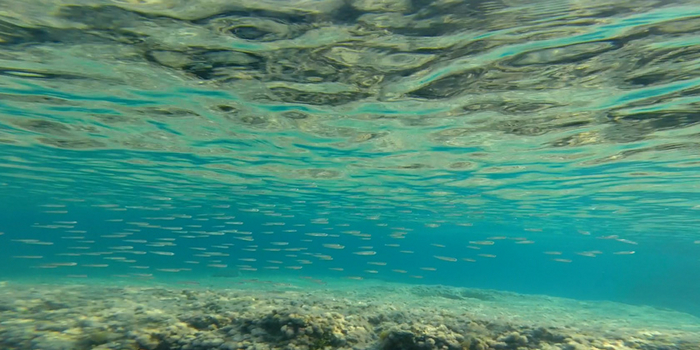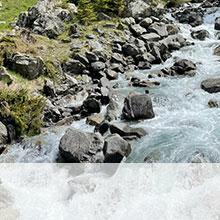Mitarbeitende
Cornelia Twining


Dr. Cornelia Twining
Über mich
I am an ecophysiologist and I investigate how consumers adapt to their nutritional landscape, especially in the face of global environmental change. I have primarily examined how omega-3 polyunsaturated fatty acids (n-3 PUFAs) move through and are modified by consumers within food webs. While aquatic primary producers are often rich in n-3 long-chain (LC) PUFAs, these compounds are extremely scarce at the base of terrestrial ecosystems. My findings have revealed the unique role that aquatic ecosystems play as sources of critical nutrients for both aquatic and terrestrial consumers and highlight the importance of understanding how processes like climate and land use change are altering the quality, quantity, and phenology of aquatic to terrestrial subsidies.
[[ element.title ]]
Projekte
[[ element.title ]]
Curriculum Vitae
| [[ entry.date || 'empty' ]] |
[[ element.title ]]
[[ element.title ]]
[[ element.title ]]
Adresse
| E-Mail: | cornelia.twining@cluttereawag.ch |
| Telefon: | +41 58 765 2128 |
| Fax: | +41 58 765 1122 |
| Adresse: | Eawag
Seestrasse 79 6047 Kastanienbaum |
| Büro: | CA B08 |

